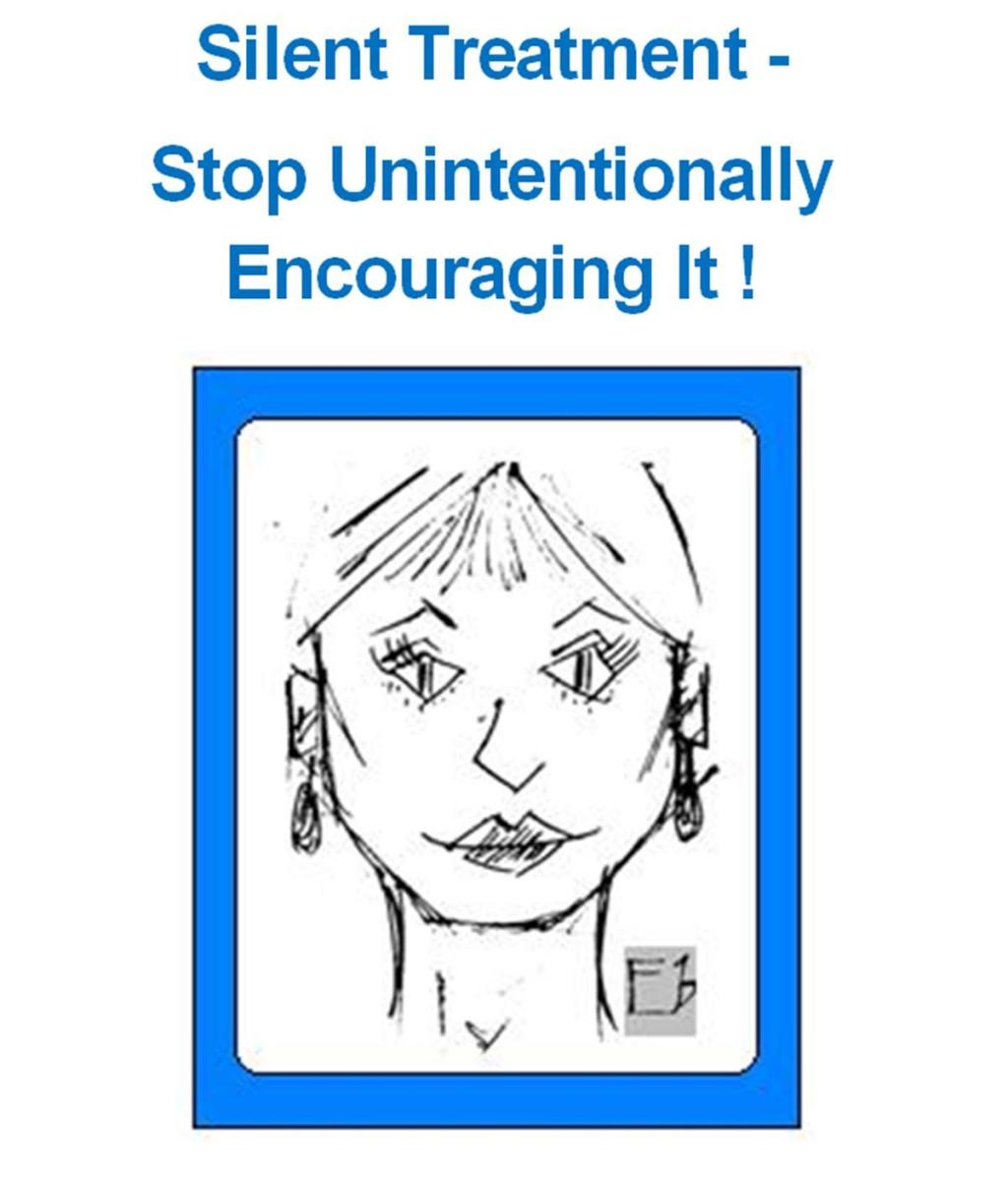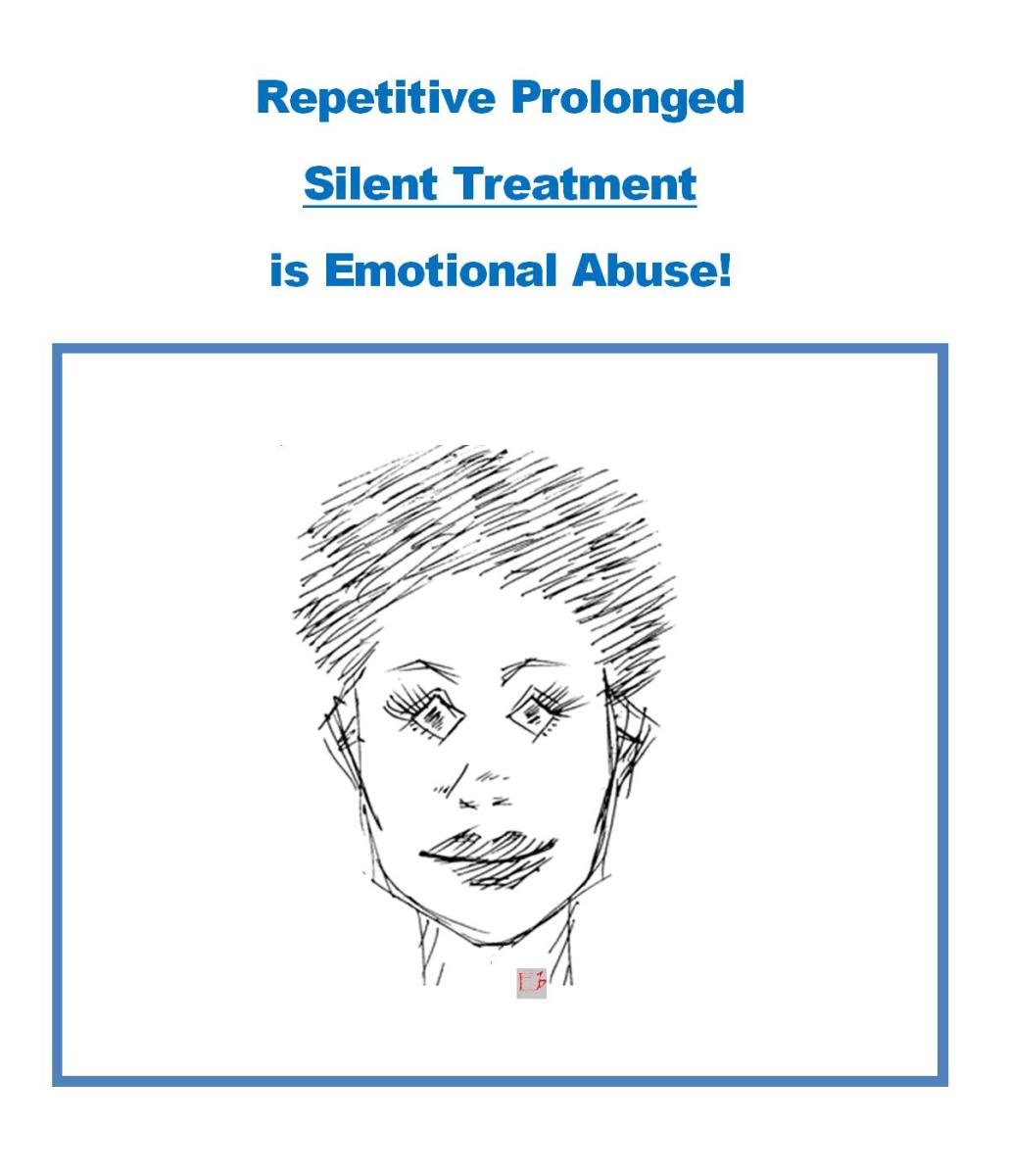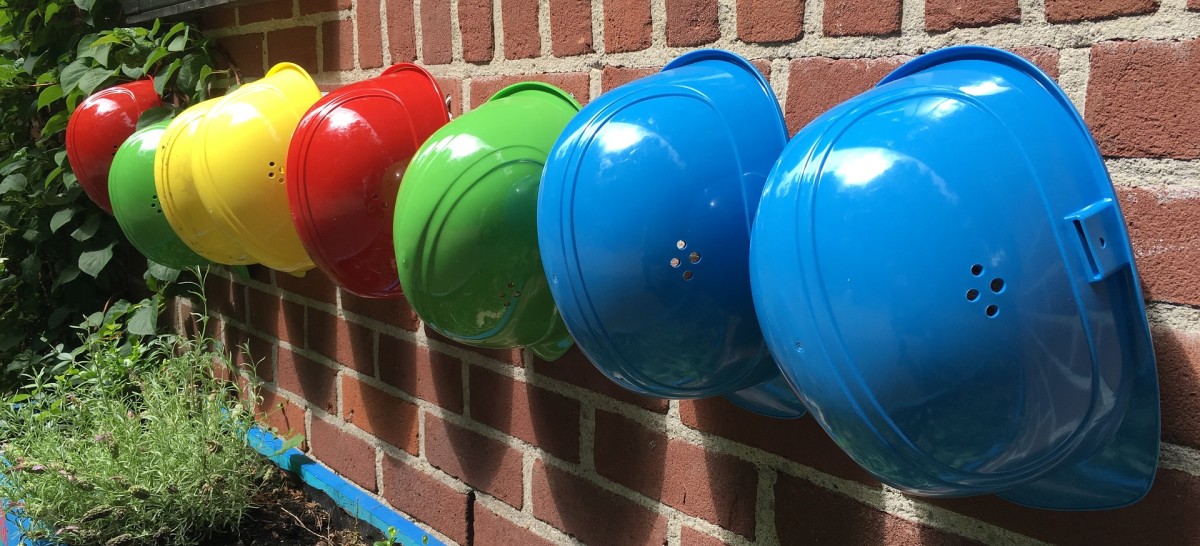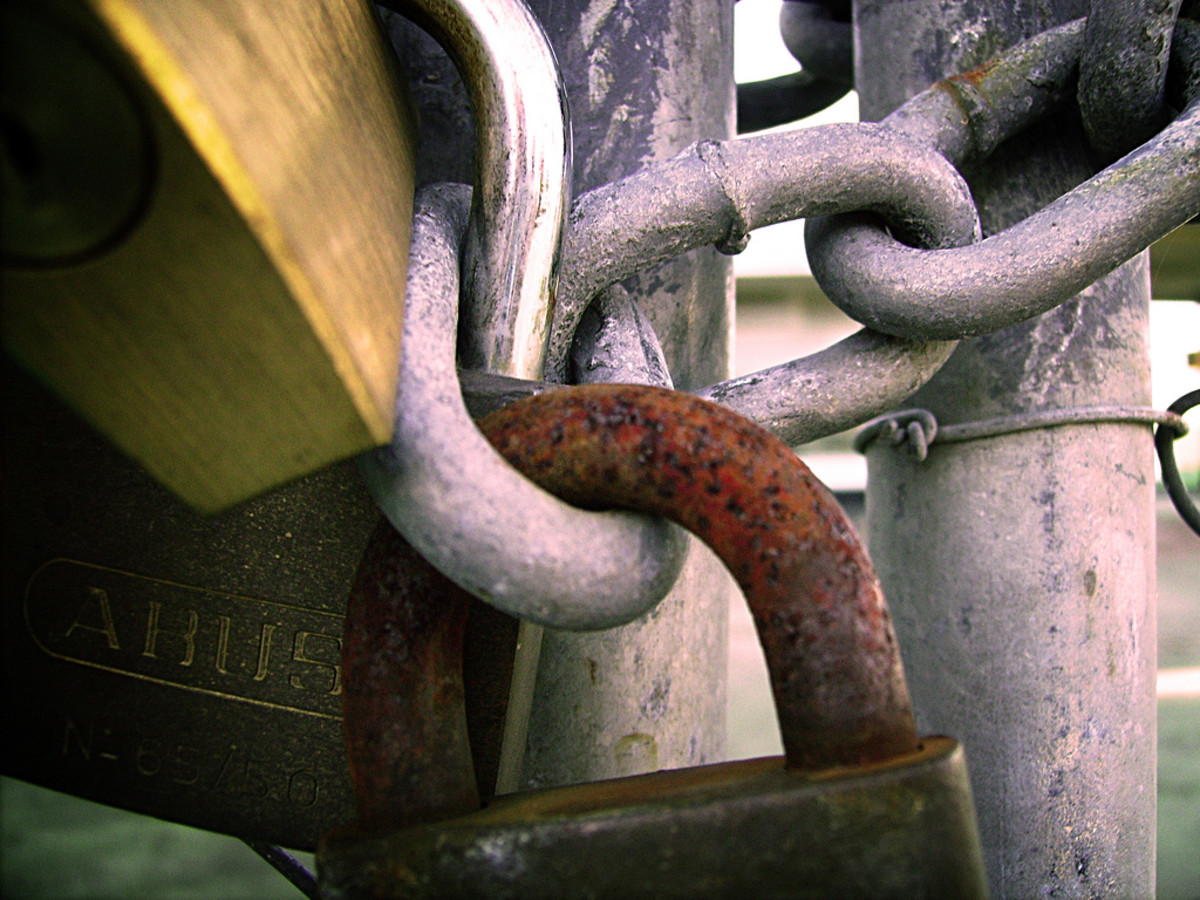Safeguarding the Elderly from Abuse
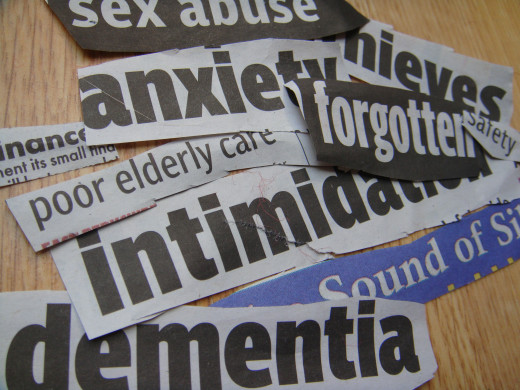
What is Abuse?
As a learning and development trainer in the care sector, it is my job to ensure employees are aware of how to safeguard service users. The elderly are vulnerable adults and abuse can come in so many different forms.
Understanding subtle to more extreme abuse can make us more alert to what can go on, not only in care homes but in any home and anyone can be a victim.
Abuse can fall into different categories and then broken down further. It can be broad or very specific.
Emotional Abuse
Emotional abuse can be carried out to upset the individual. It may be done deliberately or unintentional. Causing emotional upset could be down to bullying tactics. Hinting that someone has done wrong or telling someone they are worthless could possibly make a vulnerable person depressed or have a low self esteem.
Someone who is a victim of emotional abuse may suffer long term abuse or short term but cause distress. It may be done by care staff who are discriminating against the individual, or carelessness caused by stress, tiredness and lack of compassion.
Physical Abuse
Physical abuse, like any other could happen once or several times. Someone who causes physical abuse may hit, scratch, bite, grab, push or be rough when caring for the person.
Accidents that cause falls, bruising or any scrapes can also become a safeguarding issue if it is done in a careless manner, or not reported. Ensuring that equipment is used safely (such as using correct hoists or moving footplates when helping someone into a wheelchair) can prevent any harm.
Financial Abuse
Financial or Material is when money or personal possessions are either stolen or the individual has been persuaded to hand them over. This could be down to care staff making the elderly person feel sorry for them if they cannot afford to buy their own things. They may just be very 'helpful' to one particular service user in the hope that they will receive gifts or money.
Anything which is taken from a service user is theft. This could be a piece of jewellery or a chocolate from their room. If the employee takes them out shopping, they cannot use the service user's money to buy something for them, even if it has been offered.
Sexual Abuse
Sexual abuse can go on in care homes or in community care. It can be suggestion or sexual language towards or in front of the elderly person. Or it could be inappropriate touching, groping or rape.
Sexual abuse can be something quite intentional, but also unintentional if a carer thinks they could be making a joke. It is a very serious issue.
Psychological Abuse
Psychological abuse can be similar to emotional abuse. Playing on someone's mind by making comments or by deliberately ignoring that person can be quite distressing. Psychological abuse can make someone believe that they are worthless and cause social and physical problems.
Institutional Abuse
Institutional abuse can be carried out in different ways. Treating people in the same way and without willing is abuse. This can be done by insisting they go to bed at a certain time, they eat at set times, they go without choice and have to slot into a routine. If this is done to suit the care staff rather than respecting the individual's choice.
If they do not get a say in what they have for lunch, they only get a cup of tea three times a day and they have to go to the toilet when it is convenient to the care staff, then this falls under institutional abuse.
This may go on because there is a set routine in which carers have to follow and they don't want to speak out against it, or it could be due to staffing issues.
Neglect
If an elderly person needs some assistance or they are highly dependent one or two areas of need could be neglected.
Neglect could happen if a resident is bed bound, and they have been left without any social interaction for hours. They may also require continence care, washing and changing and turning regularly.
Leaving them without drinking water or forgetting to give them breakfast is also neglect. It could be due to a one off event, a shortness in staffing or lack of training.
What are the Signs of Abuse?
Everyone is different and everyone copes in different ways. Knowing that an elderly resident has or is being abused can sometimes be difficult.
Behaviour
Those with dementia may change the way they behave because of their condition. If they are being abused it may take staff or family members who know them well to detect something is wrong.
Generally, anyone who is being abused or has suffered abuse may change the way they act. It may be physical, social or a difference toward the abuser.
Not wanting to leave their room or sit with others may be a sign if it unusual for their behaviour. They may not allow assistance with personal care such as bathing or dressing. Emotionally, they may be tearful, depressed, anxious or stop eating. They may even become angry and aggressive.
Physical Signs
Abuse which results in a physical sign may be easier to see. Bruises, cuts, scratches, sores or bleeding may be unexplained. Difficulties with sitting, standing or walking could also be signs. They may have bruising or a fracture, or pain if they have been sexually abused.
Others signs include weight loss, changes in skin condition, dehydration, distress or antisocial behaviour.
What to do if you Suspect Abuse
If a bruise has been found on an elderly service user, it may be explained to be an accident. Accidents need to be recorded and any bruise or cut to be monitored.
If it is suspected that someone has caused a bruise or cut because of carelessness or deliberate intention, it needs to be reported in the right way.
The person in charge needs to be informed confidentially, with all the facts written by the person who suspects the abuse. Opinions cannot be made, just facts regarding physical differences or behaviour.
If the person in charge is the person who may be causing the abuse, it needs to reported to a higher member of management. If a resident has been assaulted or it is felt that social services or the police need to be involved, then there should be a telephone number on the premises or given when employment started.
Who can be an Abuser?
Anyone can be an abuser. They could also be another vulnerable adult.
Any member of staff can abuse. They may talk over their resident, use inappropriate language in the same room as the resident, use incorrect moving and handling techniques, or refuse to give them breakfast if they do not get up before 9 am.
A member of staff may also abuse by rough handling, lashing out or leaving the resident for someone else to take care of.
An abuser can also be a family member or friend coming into the home. It could be a professional person such as a doctor or therapist or it could be another elderly resident.
Why do they Abuse?
Mental health problems, lack of training or education, stress and tiredness can all lead to abuse. It could simply be clumsiness.
Being mindful when a vulnerable person is in the room, or when we select a sling to use for the hoist can mean protecting that person from harm or psychological distress.
© 2013 Emma Kisby

